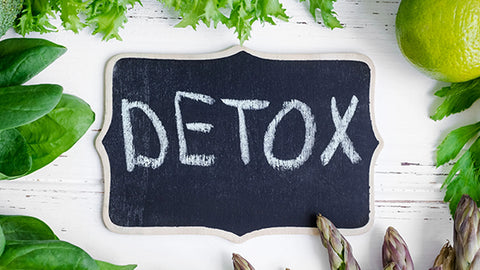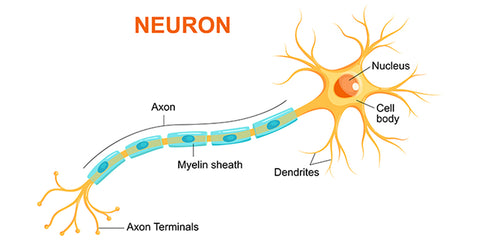Education

Did you know that there is a growing body of scientific support for the benefits of spirituality, meditation and the power of prayer? "Prayer involves the deeper parts of the brain which are involved in self-reflection and self-soothing", says Dr. David Spiegel, Stanford University School of Medicine. As more research is dedicated to figuring out how to reduce chronic stress and the widespread negative effects that this can have on our health, healing prayer and meditation are two techniques moving into the spotlight.

Your liver and kidneys might normally get all the credit when it comes to detoxification, but did you know that your body also has another extensive system in place that helps detoxify your brain? If you’re wondering what a “brain detox” is all about" or “how can I clean my brain?” – you’ve come to the right place.

It has become quite clear that eating plant foods like fruits, vegetables and whole grains is very beneficial to our health. That’s in part why Procera Health recommends the Mediterranean Diet. New research findings suggest that a type of compound found in certain plants called flavonoids can increase blood flow to the brain and improve our cognitive function. So what are flavonoids?

If you find yourself constantly feeling fatigued, distracted, moody and just plain “off,” you’re likely dealing with some sort of “brain fog.” Brain fog has become an unwanted side effect of our fast-paced, industrialized lifestyle and more recently, COVID-19 survivors.

Intermittent fasting has been around for hundreds of years. From a neuroscience perspective, caloric restriction and intermittent fasting can have significant positive effects on both the brain and body. A recent article in the New England Journal of Medicine states that intermittent fasting can have broad-spectrum benefits for many health conditions such as obesity, and heart and neurologic issues.

We all want to age well. Regular exercise, eating right, and avoiding stress help maintain a healthy body as we age, but what about the brain? New research indicates these same strategies also promote brain health.

The sugary, high-fat foods we often crave when we are stressed or down, as comforting as they are, may be the least likely to benefit our mental health. As people across the world grapple with higher stress levels and anxiety, many turn to their favorite comfort foods: ice cream, pastries, pizza and chips. But studies in recent years suggest that the unhealthy foods we often crave when we are stressed or down, as comforting as they may seem, are the least likely to benefit our mental health.

Unfortunately, many people don’t have access to fresh fruits and vegetables or simply don’t have the time to prepare a meal. You can always buy a prepared juice or smoothie at a local grocery store but these products are often filled with sugar or other ingredients that are not healthy - especially for your brain!

Can the way we think about ourselves and our abilities shape our lives? Absolutely. The way we think about our intellect and talents not only affects the way we feel, it can also affect what we achieve, whether we stick to new habits, or if we will go on to develop new skills. A growth mindset means that you believe your intelligence and talents can be developed over time. A fixed mindset means that you believe intelligence is fixed—so if you’re not good at something, you might believe you’ll never be good at it.

Most people in the scientific community now accept that the brain continues to repair itself and create new brain cells throughout life. The birth of new neurons in the brain is referred to as neurogenesis. Nerve growth factor (NGF) is a group of small protein-like molecules called neurotrophins that are responsible for neurogenesis or the development of new neurons and for the health and maintenance of mature ones.

You’ve probably heard the term “nootropic” talked about a lot recently. Like Nerve Growth Factor (NGF), it’s a trendy word right now. But what does it mean? According to the dictionary, a nootropic is a substance that enhances cognition and memory and facilitates learning. Slang dictionaries erroneously call them “smart drugs.”

According to a new study in the NeuroImage scientific journal, exercise can freshen and renovate the white matter in our brains, potentially improving our ability to think and remember as we age. White matter, which connects and supports the cells in our brains, changes for the better as we become more physically active.



